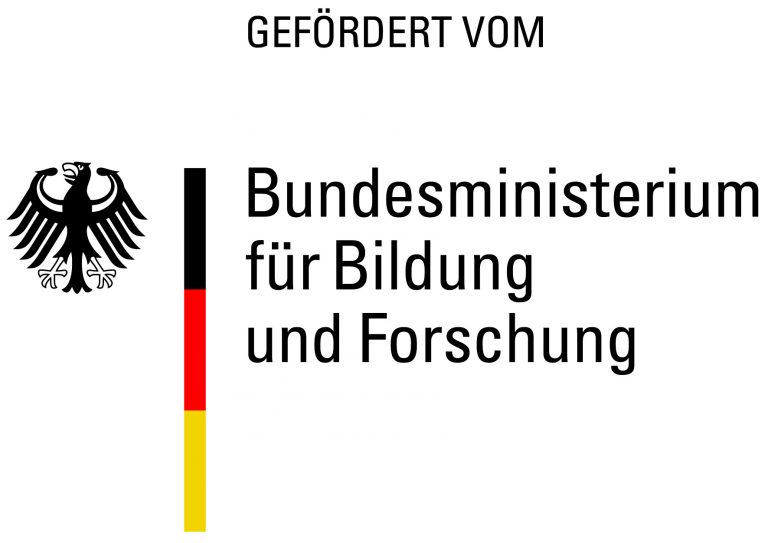

The Natural History Museum in Berlin (Museum für Naturkunde - Leibniz Institute for Evolution and Biodiversity Science) is among the top 10 world-wide and the largest of its kind in Germany. The museum is home to over 30 Mio. collection objects, more than 250 researchers and more than 400 research assistants as well as PhD students, from disciplines such as biology, paleontology, mineralogy and information science. Behind the publicly accessible spaces, these researchers work on manyfold projects in a multidisciplinary research setting. To bolster the Natural History Museum's efforts at ensuring knowledge transfer throughout its organisation and into the public sphere, the HCC collaborated with the museum in this BMBF-funded project to unveil the currently tacit knowledge, competencies, methods and research project information to the employees of the museum. A formal ontology was developed to support this endeavor. We provide the researchers at museum with (1) an ontology for documenting and linking knowledge transfer activities, (2) insights about potentials for knowledge transfer powered by machine learning and (3) interactive visualisations of these networked sources of knowledge. Focussing on the seamless integration of these provisions, the HCC set up an actionable and holistic system that visualises research project data and their potential for knowledge transfer in research museums like the Natural History Museum.
Project Lead
Prof. Dr. Claudia Müller-Birn
Researchers
Jesse Josua Benjamin
Dr.-Ing. Christoph Kinkeldey
Jonas Oppenländer
Student Assistants
Simon Buchholz
Lilli Joppien
Nicolo Knapp
Jonas Kopka
Tim Korjakow
Aaron Winter

This work is supported by the German Federal Ministry of Education and Research, grant 03IO1633.
